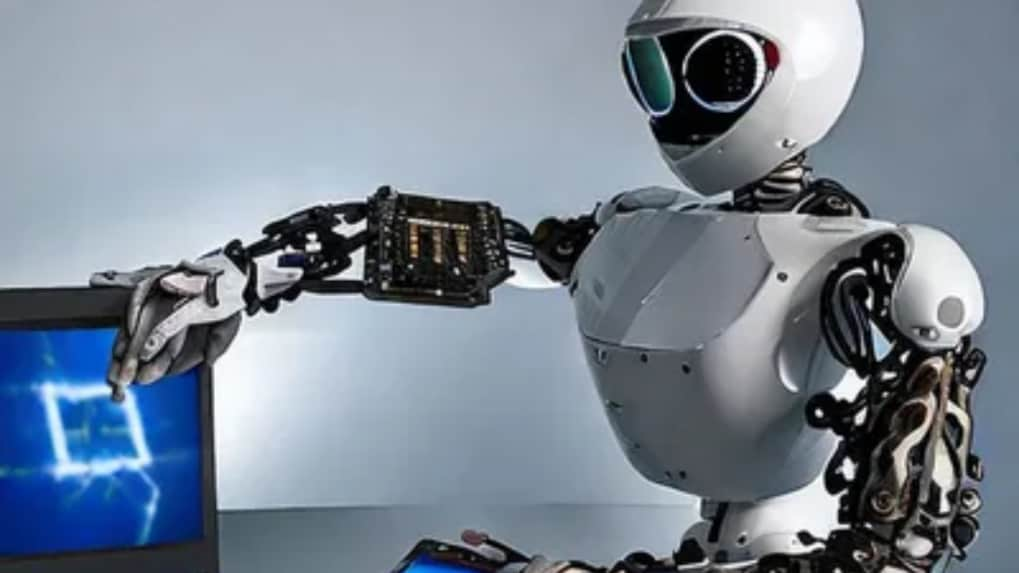How it Works
WPP, Havas, Omnicom: Are advertising’s biggest holdcos recasting agencies as AI Operating Systems?

Roman Yampolskiy, Professor of Computer Science at the University of Louisville, has warned that advanced artificial intelligence could make 99 per cent of people unemployed within the next five years. Speaking on the Diary of a CEO podcast hosted by Steven Bartlett, Yampolskiy said that by 2030, the rapid development of AI capabilities will pose a profound risk to both humanity and global job markets.
Yampolskiy’s stark warning comes in line with predictions made by other prominent voices in the AI field. Geoffrey Hinton, widely regarded as the “Godfather of AI” for his pioneering research, stated earlier this year that AI will “replace everybody” in white-collar roles. He also dismissed the notion that new jobs would be created to offset those losses, arguing that if AI automates nearly all tasks, there will be no meaningful work left for humans.
Similarly, in May, Anthropic CEO Dario Amodei projected that AI could eliminate half of all entry-level white-collar jobs within one to five years, driving unemployment rates up to 20 per cent.
On the podcast, Yampolskiy explained that the technology’s enhanced capabilities will mean machines can outperform humans in almost every cognitive and administrative function, leaving only a small number of roles for people. “We are looking at the possibility of AI displacing nearly all human work,” he cautioned.
The professor’s remarks highlight growing concerns that the AI revolution, while creating efficiencies and breakthroughs, could lead to unprecedented disruption in employment and raise urgent questions about how societies will adapt to an economy where the vast majority of people are no longer needed for traditional work.
From purpose-driven work and narrative-rich brand films to AI-enabled ideas and creator-led collaborations, the awards reflect the full spectrum of modern creativity.
Read MorePraveen Someshwar, Managing Director and CEO of Diageo India, joins the Grand Jury of the Storyboard18 Awards for Creativity, highlighting the awards’ focus on work that blends cultural relevance with strategic and commercial impact.